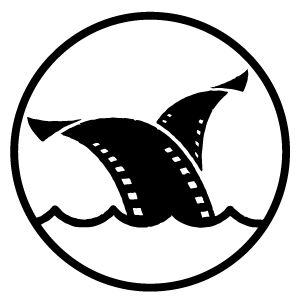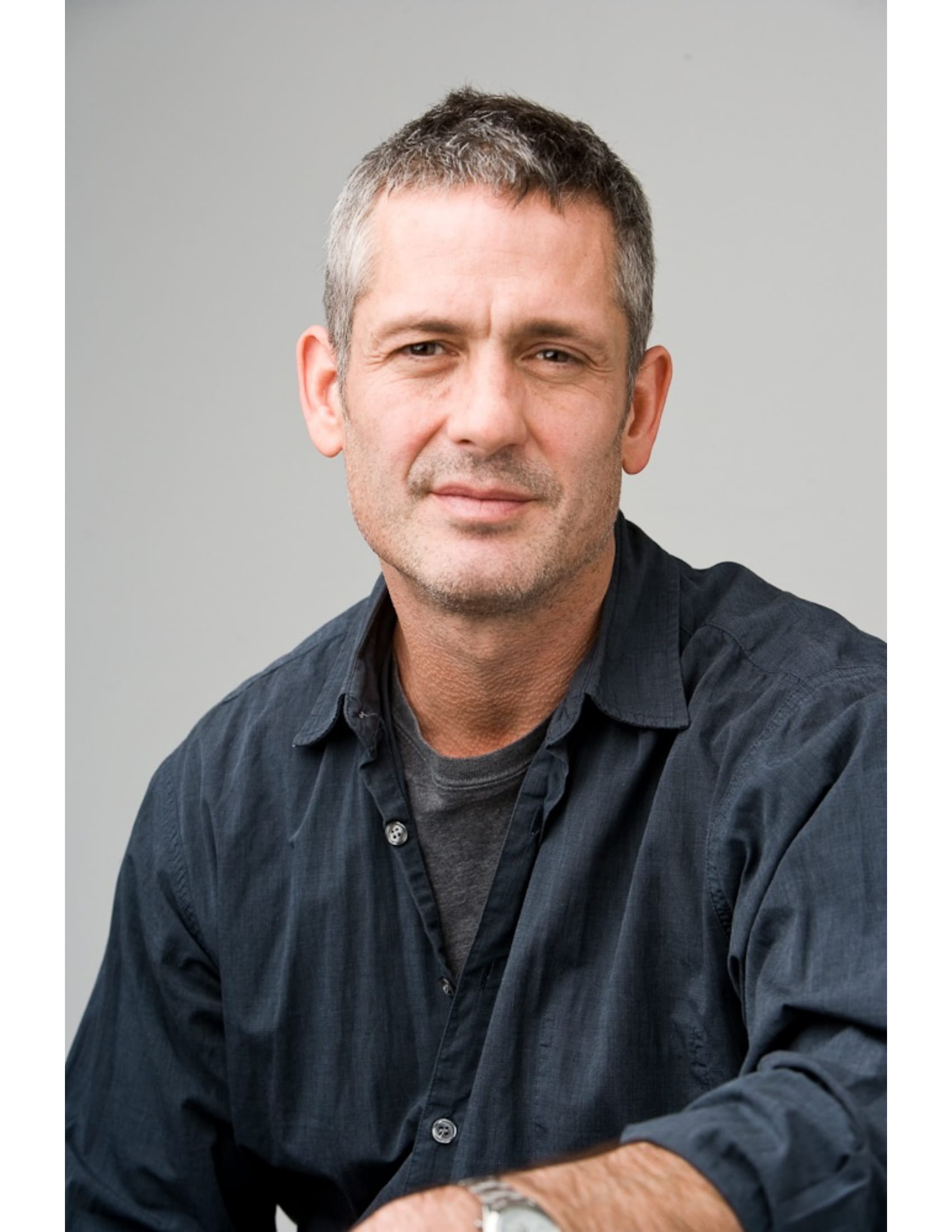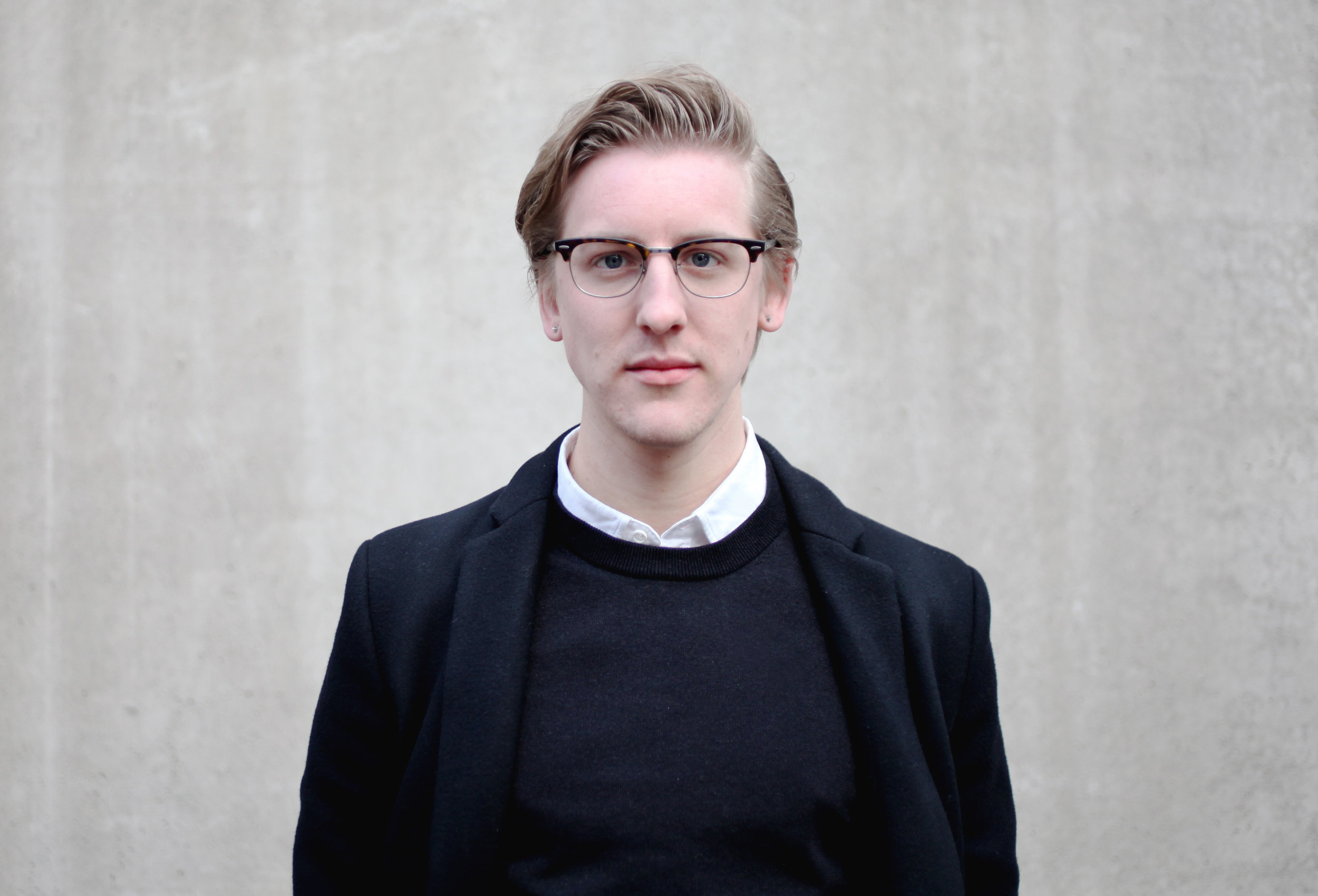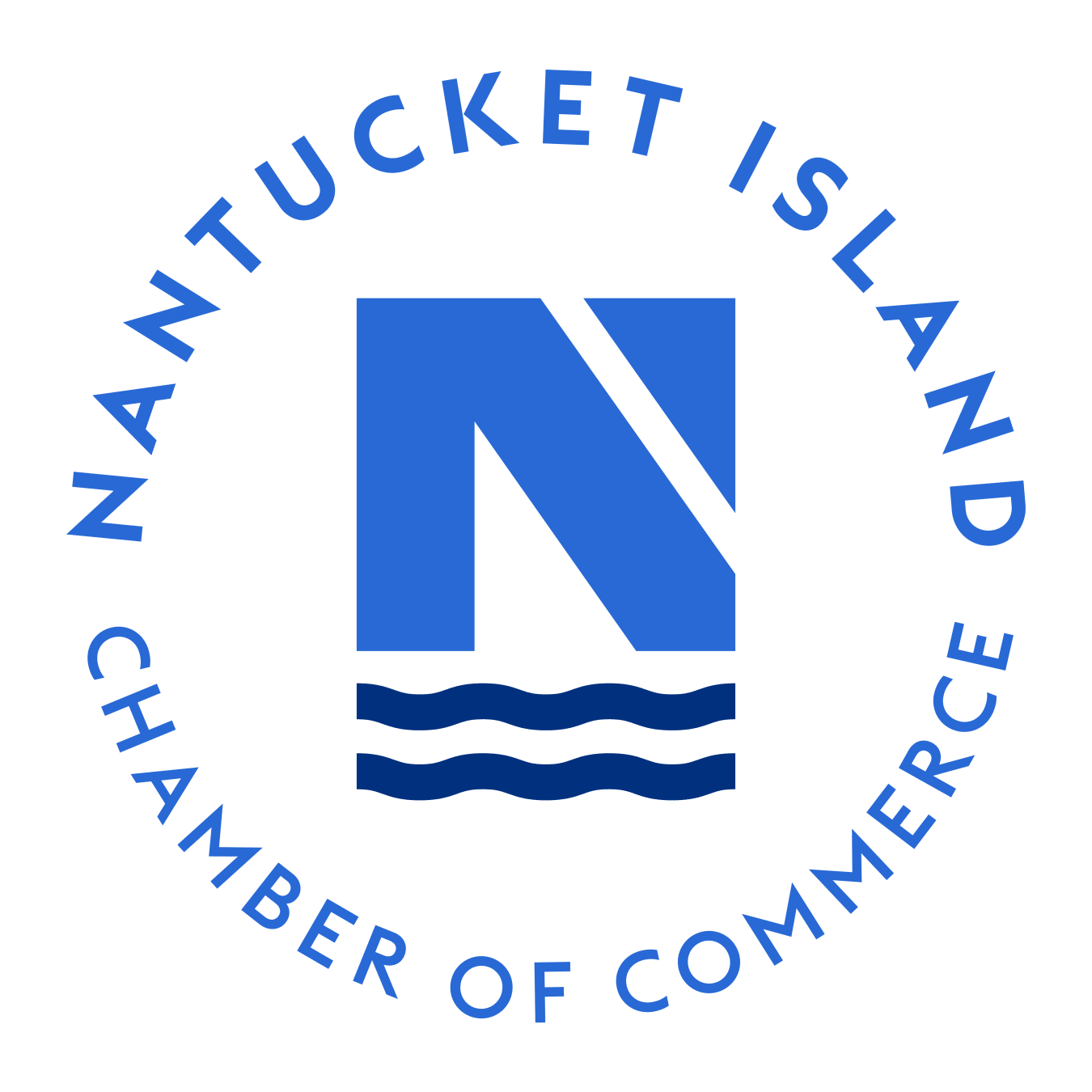Five Questions With... Jamie Meltzer, Director of TRUE CONVICTION
/After serving jail time for more than a decade for a murder he didn’t commit, Christopher Scott was exonerated. Seeking to make sense of his experience, he joins forces with fellow exonerees Steven Phillips and Johnnie Lindsey to start a detective agency. Their mission: to find other wrongfully convicted prisoners, investigate their cases, and prove their innocence. Director Jamie Meltzer follows these determined men as they struggle to make a difference on the outside.
Read more with Jamie below, and catch TRUE CONVICTION on Friday, June 23 at 6:30 PM and/or Saturday, June 24 at 9:15 AM!
NFF: How did you first become acquainted with and interested in Chris, Johnnie, and Steven?
Jamie: In 2012, I got a tip from a journalist friend in Texas that a group of exonerated men in Dallas came together as part of a unique support group. He told me that three of them were starting an investigation agency, a sort of grassroots Innocence Project, so I went down to Dallas and sat in on a group support session they were having. I was immediately moved by their sense of brotherhood, their desire to make change, to turn their experience into something meaningful and impactful. Plus the idea of staffing an investigation team with men who had experienced wrongful convictions themselves, was so unique, I had to see where it would lead. I started film on that trip, and the film took 5 years to complete.
NFF: Why do you think this film is particularly relevant in this cultural moment?
Jamie: I didn’t set out to make a “message” film, but through the journey of the three protagonists, the film I think gets at the heart of the issues plaguing our criminal justice system. It was important to me that this “message” be conveyed in a way that’s organic to the story of the film. I couldn’t have anticipated how relevant this topic is in current day political and cultural conversations, but I’m glad that the film can contribute and shed light on areas that desperately need reform.
NFF: Was it challenging for you to remain impartial yourself, when faced with these stories of possible innocence?
Jamie: The film doesn’t aim to be impartial, its follows the world of the exoenrees and the cases through their unique and subjective perspective. And I think it very clearly highlights two criminal cases where justice wasn’t served. As a filmmaker, it was really hard to maintain a critical distance from the injustices my subjects were uncovering, and in fact, there were lots of times where I couldn’t keep that distance, and just had to do everything I could to help the individual cases unfolding within the film. At times my filmmaking team became active participants, always with a respect for the work of the main protagonists, and with an aim towards helping their goal of freeing potentially innocent individuals.
NFF: What surprised you the most while you were making the film?
Jamie: The willingness of people to talk on camera- there were a lot of situations where the exoneree detectives were interviewing a witness or a prosecutor or detective and I couldn’t imagine why they would allow us to be there filming. There are a few moments that still surprise me in terms of how we got access.
On a larger scale, I went into this project somewhat naive about overturning cases of wrongful conviction, I assumed it would be enough to find someone who was clearly innocent, and I think the experience of making the film showed me how much of an immense challenge my subjects of the film had set for themselves, for me this turn’s the film’s central quest to free the innocent into a really noble Sisyphean struggle.
NFF: Why are you excited to show the film in Nantucket, and/or what do you hope Nantucket audiences will take away?
Jamie: I hope the film grips people the way a great detective story does; but with the added bonus of enlightening the viewer about certain flaws in the justice system and hopefully also creates a deep connection to the men in the film, and their mission.

























